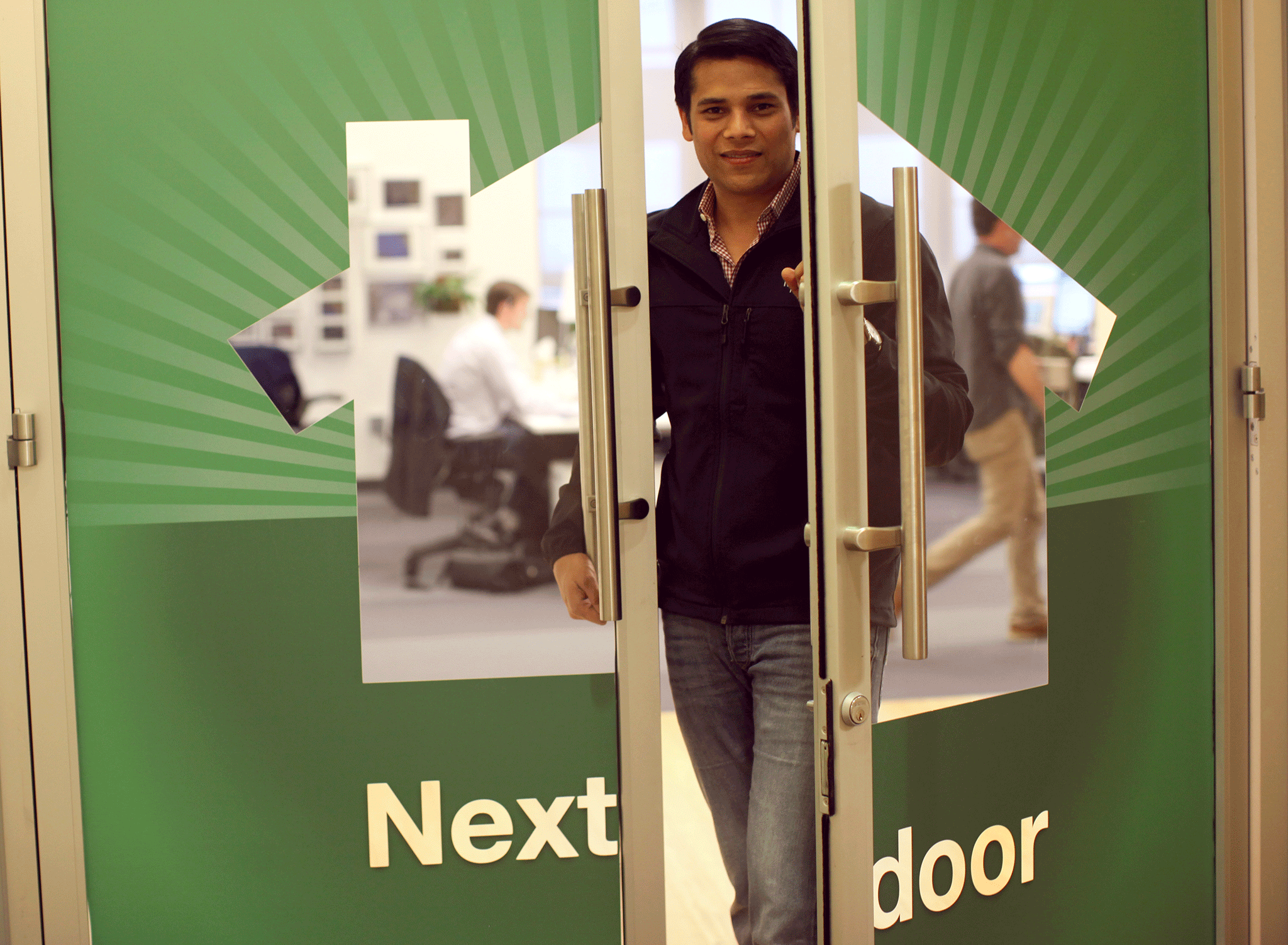US local social network Nextdoor continues European expansion with Germany launch
Local residents can use the site to ask advice on everything from finding babysitters to organising neighbourhood sports clubs or even how to contend with household rodent invasions

Your support helps us to tell the story
From reproductive rights to climate change to Big Tech, The Independent is on the ground when the story is developing. Whether it's investigating the financials of Elon Musk's pro-Trump PAC or producing our latest documentary, 'The A Word', which shines a light on the American women fighting for reproductive rights, we know how important it is to parse out the facts from the messaging.
At such a critical moment in US history, we need reporters on the ground. Your donation allows us to keep sending journalists to speak to both sides of the story.
The Independent is trusted by Americans across the entire political spectrum. And unlike many other quality news outlets, we choose not to lock Americans out of our reporting and analysis with paywalls. We believe quality journalism should be available to everyone, paid for by those who can afford it.
Your support makes all the difference.US local social networking phenomenon Nextdoor is entering Germany, Europe's largest market, the company said on Monday, following expansion moves last year into Britain and the Netherlands, where it has grown rapidly.
San Francisco-based Nextdoor launched in 2011 and now covers more than 144,000 discrete US neighbourhoods, or roughly three-quarters of the country, the company estimates.
Local residents can use the site to ask advice on everything from finding babysitters to organising neighbourhood sports clubs or even how to contend with household rodent invasions, via computer or mobile phone apps.
Its local forums serve as conversation starters that help neighbours meet one another, forging real-world bonds instead of the virtual ones that connect friends as well as strangers on social networks such as Facebook, Snapchat or Twitter.
“Most social media apps are about self-expression,” Co-founder and chief executive Nirav Tolia said in an interview. “Nextdoor is about getting things done. It's more of a utility.”
“If you lose your dog, your online friends can give you sympathy but your neighbours help you find it,” he said.
Nextdoor has raised over $210m (£166m) in funding from top-tier Silicon Valley venture capitalists, with its last financing round in 2015 valuing the company at more than $1bn.
Since expanding into Britain last year, Nextdoor has signed up users in 40 per cent of UK neighbourhoods, or about 11,000 in all. Similarly, it has drawn in members in 4,000 Dutch neighbourhoods, covering about 44 per cent of the country, Nextdoor said.
The company has already been testing its service in 200 neighbourhoods in Germany and aims to have thousands up and running by the end of this year, Tolia said.
It has hired veteran internet executive Marcus Riecke, the one-time head of eBay's German local selling site and chief executiveof StudiVZ, a successful early German rival to Facebook that ran out of steam around the start of this decade. Riecke will run Nextdoor's national offices from Berlin.
To join Nextdoor Germany, members must use their real names and confirm their home address at nextdoor.de. Conversations are only accessible among verified local neighbours and are not available via Google or other search engines.
Nextdoor began generating revenue from its US site this year by selling online advertising. The model is similar but more locally focused than the ads that finance Facebook or Google, reviving the tradition of local classified ads that has disappeared as the online era wiped out the economics of local newspaper circulars.
Reuters
Join our commenting forum
Join thought-provoking conversations, follow other Independent readers and see their replies
21Comments